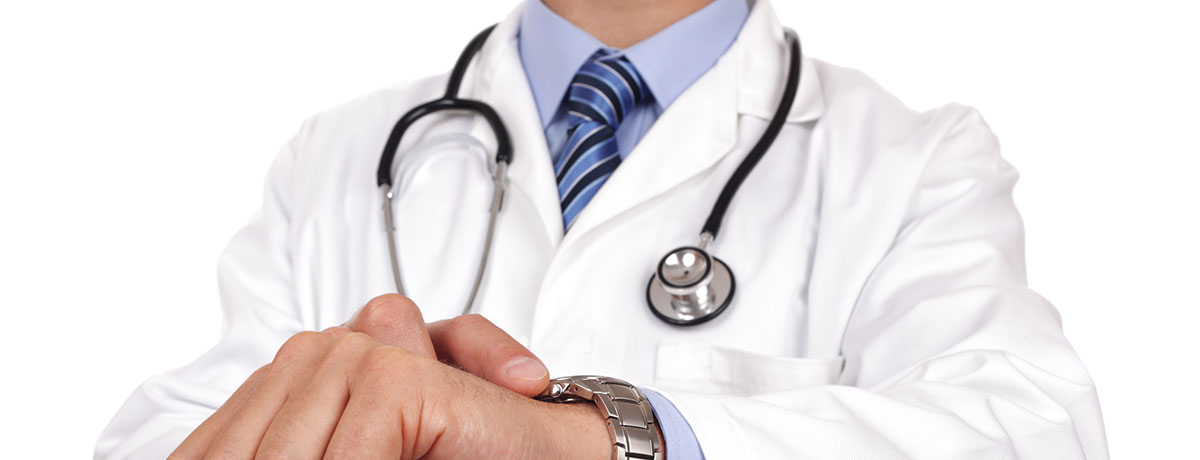Most people get STD testing with one specific exposure in mind or at least an exposure triggers the thought that STD testing would be wise.
In this section, we'll tell you what STD testing can be done at various times after exposure.
Again, please remember that enough time needs to pass after sexual contact for the sexually transmitted disease test results to be accurate.
In addition to STD testing, we'll mention "pretreatment" (receiving medical care just in case) for high-risk people.
What STDs can be tested 2-7 days after exposure?
These are the STD tests that can be done 2-7 days (or within one week) post exposure and their corresponding accuracy at that time in parenthesis.
- Chlamydia urine and swab test*
- Gonorrhea urine and swab test*
- Herpes swab test(only if sores are visible and wet)
- *likely to be detected
What STD pretreatment available within 1 week post high-risk contact?
Pretreatment or preventive health services (getting the medication just in case) are available during the first week after the concerning exposure for the following STD conditions:
- HIV PEP regimen should be initiated within 72 hours. This regimen is for HIV prevention and is approved by the CDC and the New York City Department of Health
- Chlamydia oral pills taken for 7 days
- Gonorrhea one shot
- Syphilis one shot
Talk to your health care provider if you are at high risk of getting any of those infections before initiating the medication.
What STDs can be tested 7-10 days after exposure?
These are the STI tests that can be done 7-10 days after exposure and their accuracy at that time:
- Chlamydia urine and swab test*
- Gonorrhea urine and swab test*
- Herpes swab test (only if sores are visible and wet)
- HIV PCRs blood test
- *likely to be detected
What STD pretreatment available 7-10 DAYS post high-risk contact?
Within 7 to 10 days after potential exposure, it's possible to be "pretreated" (i.e., to get the medication just in case) or the following conditions:
- Chlamydia oral pills taken for 7 days
- Gonorrhea one shot
- Syphilis one shot
If you're at high risk for any of these STDs, you should talk to your primary care provider before starting the medication.
What STDs can be tested 14-21 days after exposure?
The following STI conditions can be tested for 2-3 weeks after exposure.
| Test type | Test accuracy |
|---|---|
| Chlamydia urine and swab test | 94% |
| Gonorrhea urine and swab test | 94% |
| HIV (RNA PCR) via blood test | 90% |
| HIV fourth generation via blood test | 95% |
| Syphilis (RPR) via blood test | 86% |
| Herpes (IgG) via blood test | 90% |
The best earliest time for STD testing after exposure is 14 days, when more tests can be done-tests that are accurate.
What STDs can be tested 6 weeks. after exposure?
Quite a few STD tests can be done 6 weeks after exposure with high accuracy, as shown below).
The most important and most common STD tests are nearly conclusive when done at this time.
| Test type | Test accuracy |
|---|---|
| Chlamydia urine and swab test | 99% |
| Gonorrhea urine and swab test | 99% |
| HIV (RNA PCR) via blood test | 99% |
| HIV fourth generation via blood test | 95% |
| Syphilis (RPR) via blood test | 86% |
| Herpes (IgG) via blood test | 70% |
| Hepatitis B via blood | Can be detected |
| Hepatitis C via blood | Can be detected |
The most important and most common STD tests are nearly conclusive when done at this time.
What STDs can be tested 3 months after exposure?
Here is a list of the many STD tests that can be done 3 months (90 days) after exposure, along with their accuracy then.
| Test type | Test accuracy |
|---|---|
| Chlamydia urine and swab test | 99% |
| Gonorrhea urine and swab test | 99% |
| HIV (RNA PCR) via blood test | 99% |
| HIV fourth generation via blood test | 99% |
| Syphilis (RPR) via blood test | 99% |
| Herpes (IgG) via blood test | 99% |
| Hepatitis B via blood | 99% |
| Hepatitis C via blood | 99% |
